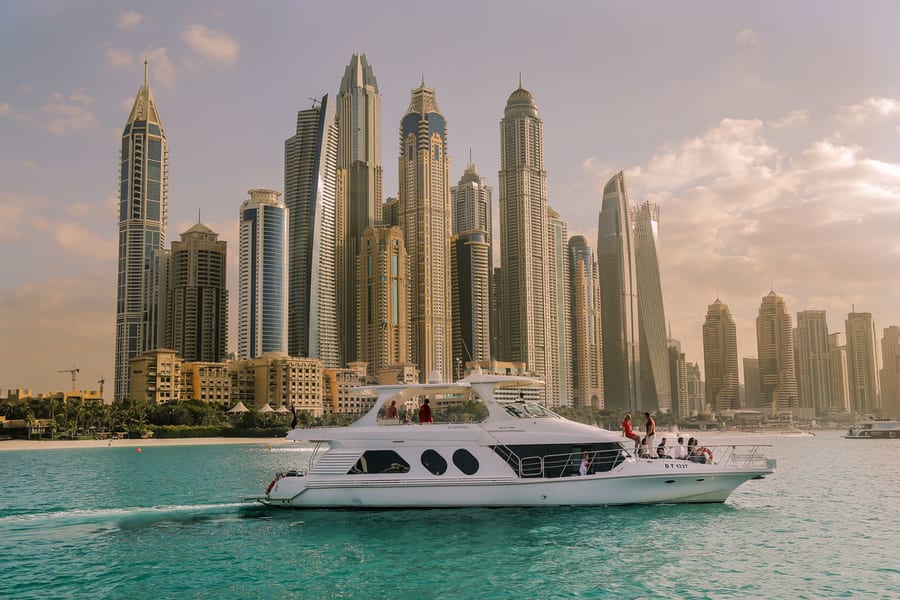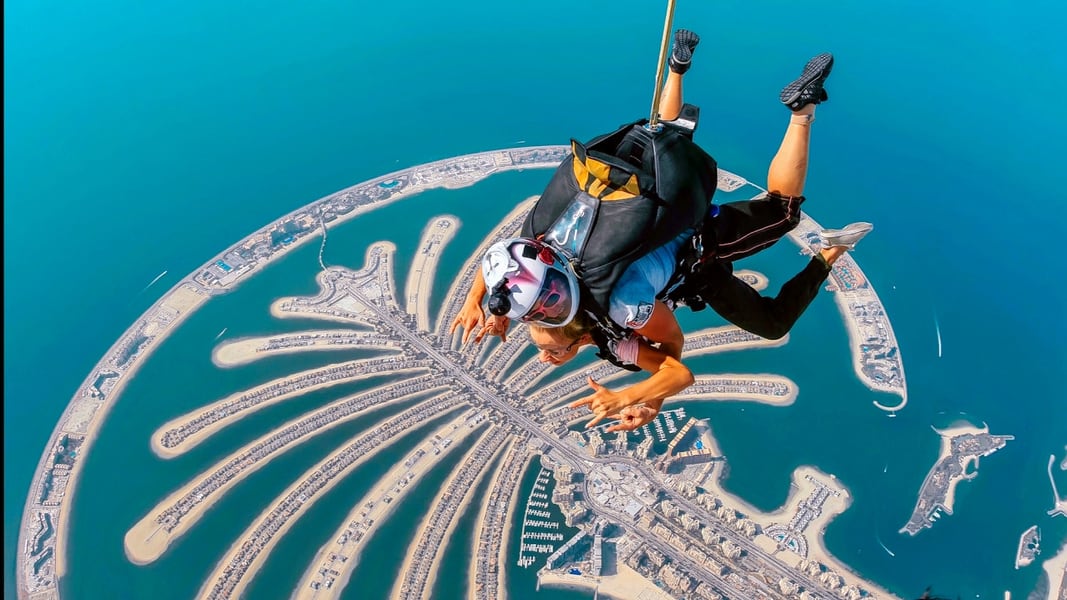Dubai as a Healthcare & Leisure Destination







Once you’ve decided to travel to Dubai, you may want to learn more about UAE and how you can make the most out of your trip. The best place to start your Dubai travel research would be visitdubai.com. This informative website can assist you with:
- General Information about Dubai
- Practical Information about Etiquette and Currency
- General FAQs on Dubai
- We have partnered with area hotels and serviced apartments to offer discounted rates to our patients. Please inquire through our Medical Travel Services team member.
- COVID-19 travel regulations are constantly changing. Please visit visitdubai.com coronavirus-advisory to ensure that you have the most current information.
| Dubai Hotel Names | Hotel Type | Tentative Price | |
|---|---|---|---|
| Winter | Summer | ||
| Time Onyx, Al Qusais Area | Apartment | US$ 85(Studio) | US$ 77(Studio) |
| Xclusive Mapels, Bur Dubai/Al Mankhool Area | Apartment | US$ 50 (Studio) | US$ 50 (Studio) |
| Savoy Crest, Bur Dubai/Al Mankhool Area | Apartment | US$70 (Studio) | US$55 (Studio) |
| City Max, Bur Dubai/Al Mankhool Area | 3 Star Hotel | US$ 52 | US$ 40 |
| Grand Excelsior, Bur Dubai/Al Mankhool Area | 4 star Hotel | US$ 85 | US$ US$42 |
| Canvas, Bur Dubai/Al Mankhool Area | 5 star Hotel | US$ 75 | US$ 55 |
| La Quinta Hotel, Bur Dubai/Al Mankhool Area | 4 star Hotel | US$ 42 | |
| Holiday Inn, Jumeirah Area | 4 star Hotel | US$ 50 | |
| Flora Creek, Diera Area | Apartment | US$ 85 (Studio) | |
| Emirates Star Hotel, Al Qusais Area | Apartment | US$ 50 (Suite) | |
| # Rooms subject to availability. Prices subject to change by hotel. | |||
- In general, as per IATA guidelines, if you have the below conditions; it is prohibited to travel by air. However, please check with your airline customer services.
- Have passed 36 weeks of pregnancy (or 32 weeks if you are carrying twins, triplets, etc.).
- Have a recent heart attack or stroke. Or any type of surgery, especially stomach, brain, eye, orthopedic (bone and joint) surgery including stomach, eye, or head injury. Please check with your doctor to see when it is safe for you to travel.
- Have an implanted cardiac device such as pacemakers, cardiac resynchronization therapy (CRT) devices and implantable cardioverter defibrillators (ICD); please check with your doctor before travelling by air. Don’t forget to carry your personal device identification card with you at all times.
- Have flu-like symptoms with or without tuberculosis like symptoms such as prolonged cough, weight loss, night sweat, fatigue, fever, and chest pain for more than 2 weeks. We strongly advise you to not travel at this stage, and for them to continue treatment with their current care team until his symptoms have resolved completely.
- Are suffering from the below signs and symptoms, please check with your doctor to see when it is safe for you to travel.
- Chest pain.
- Any disease that you can easily spread to other people.
- Severe sinus, ear, or nose infections.
- Breathlessness at rest, difficult breathing.
- Psychotic illness except when fully controlled.
- A fever of 100 degrees Fahrenheit (38 degrees Celsius) or greater.
- Skin rash
- Confusion
- Bruising or bleeding (without previous injury)
- Diarrhea that does not go away.
- Vomiting that does not go away (other than motion sickness).
- Keep all of your medications in your hand luggage.
- Drink plenty of water to help prevent hydration and to help loosen your sputum and allow you to keep your chest clear from low humidity levels in air cabin.
- During a long-distance flight of 4 hours or longer (Also see https://www.cdc.gov/ncbddd/dvt/travel.html , deep vein thrombosis can occur as a result of this inactivity; make sure you get up and walk about regularly when permitted by the staff on the aircraft. Bend and stretch your legs and wiggle your feet at regular intervals (for example every 30 minutes) to encourage your circulation.
- If you have a higher risk of developing deep vein thrombosis, your doctor can help you work out what measures you may need to take prior to flying. This may include graduated compression stockings, aspirin, or anticoagulants.
- If you will need oxygen during the flight, this must be requested in advance. A Medical Information Form, stating your current clinical condition and the reason for oxygen requirement, must be filled out and submitted to the airlines. It may take 3-5 working days to process and subjected to the airlines approval.
- Please inform your doctor before the surgery if you have an existing medical condition for which you are taking medication and/or you have undergone any previous surgeries.
- If you are taking anticoagulants like aspirin, Persantin®, Ticlid®, Plavix®, warfarin, Orfarin®, heparin, and Fraxiparine®, herbal supplements, and vitamins, especially vitamin E, stop these medications/supplements at least one week before the surgery or as recommended by your doctor.
- If you smoke and drink alcohol regularly, please stop for at least one week before the surgery to reduce the chances of complications.
- If you have any underlying diseases: cardiovascular disease / diabetes / high blood pressure / asthma / cancer / or others including any allergic to any medications and any medicines you are taking, current treatment and correlating diagnosis, please inform physician in advance.
- Check the validity of your passport and visa requirements for the destination country.
- Confirm the financing strategy for your medical treatment before you travel.
- Inform your bank or credit card carrier of your travel plans to avoid suspicions of fraud and interruption of services. Convert some cash into UAE currency.
- Ensure that you have all contact information for your clinic, transport provider and your Medical Travel Services team member.
- If you will need assistance when you return home, make arrangements before departing.
- Personal documents such as passport, ID card.
- Medical records, including your physician’s reports, diagnostic test/scan reports if any.
- Medications in original packaging.
- Credit cards and cash in the local currency.
- Mobile phone with charger; converters if needed.
- Comfortable clothing and footwear appropriate for medical procedures, i.e. front button shirts if having shoulder surgery.
- Luggage that can easily roll

